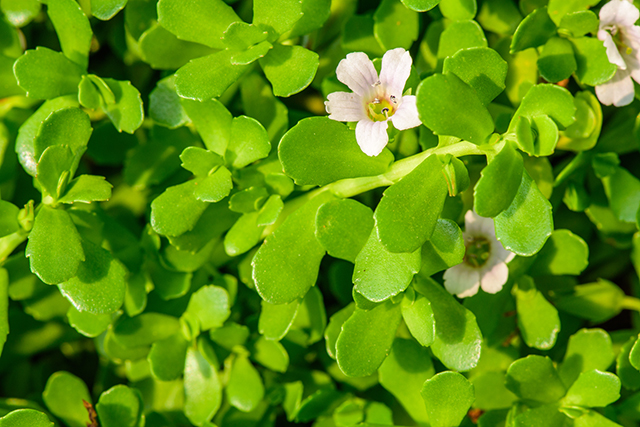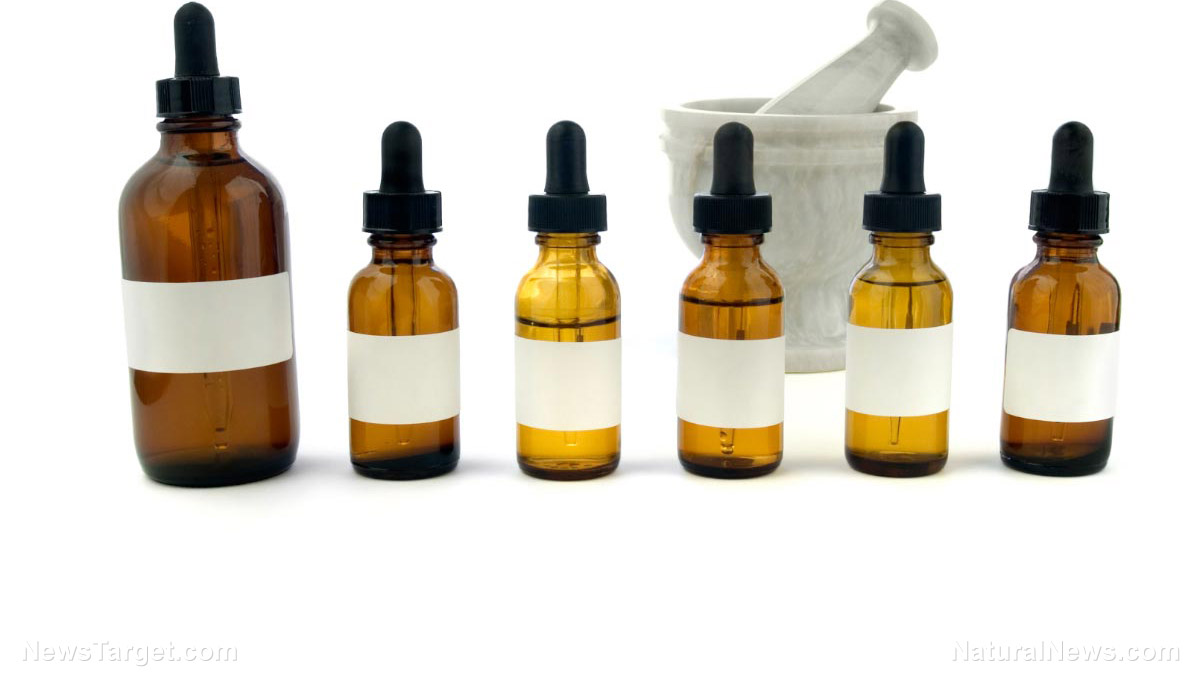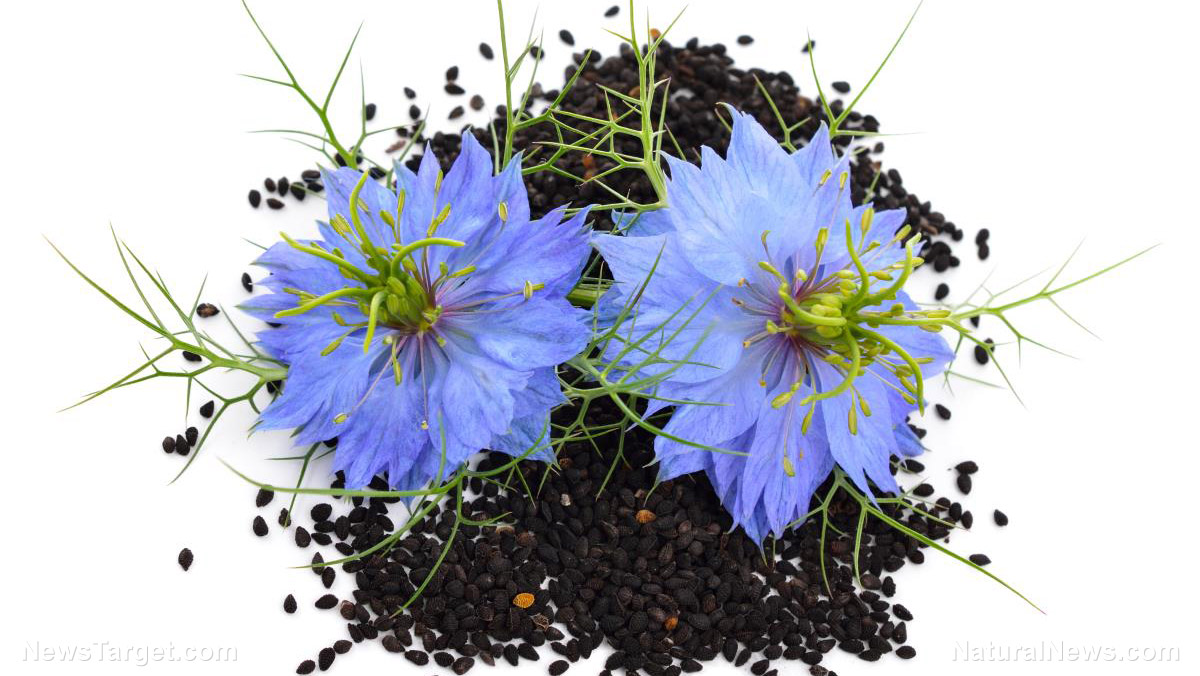No one wants to have a heart attack, so many people take aspirin every day in an effort to reduce their risk. Its blood-thinning properties may indeed be helpful when it comes to preventing heart attacks, but aspirin is far from the harmless medicine that it’s made out to be.
It might be available over the counter, but aspirin carries a host of alarming side effects. One of the problems is that aspirin might work too well at thinning the blood, and its hemorrhagic side effects make it an unacceptable choice for many.
Some of the problems that have been associated with aspirin include gastric ulcers, hearing loss, influenza mortality, Crohn’s disease, Reye Syndrome, cerebral bleeding, and Heliobacter Pylori infections. Even the low doses found in so-called baby aspirin can cause significant gastroduodenal damage.
Thankfully, there are some more effective and safer alternatives available that don’t quite get the same level of attention that aspirin received. One of the best choices for many people is Pycnogenol, the branded form of the extract of the French maritime pine bark.
What makes this bark extract special is the fact that it is around 75 percent composed of a class of polyphenols known as proanthocyanidins. These polyphenols are also found in foods like green tea, cocoa beans, cinnamon and cranberries. Its combination of procyanidins and powerful antioxidants can neutralize the free radicals in the body that cause diseases. It stimulates cells’ antioxidant capabilities and neutralizes free radicals as they make their way through the bloodstream.
This is one natural product whose safety and efficacy is backed by research on humans, with more than 400 clinical studies and scientific research papers proving its safety and efficacy.
In cross-comparison tests, it has been shown to be every bit as effective as aspirin when it comes to stopping blood from clotting, and it accomplishes this at far lower doses.
In one study that examined its ability to prevent the recurrence of retinal vein thrombosis, patients who took aspirin had a likelihood of recurrence that was five times higher than those taking Pycnogenol. In addition, the Pycnogenol group did not report any side effects and their swelling was significantly lower. In contrast, six out of the 26 participants in the aspirin group had to drop out of the study because of tolerability problems, and nearly eight percent of those in the aspirin group experienced retinal bleeding.
Pycnogenol’s benefits extend beyond heart health
A study that was published in Biomedical Reviews demonstrated its ability to cause blood cells to relax, allowing blood to flow through blood vessels easier. This not only has the effect of lowering hypertension and blood pressure but also improving LDL cholesterol levels and general circulation. A study in the Journal of Asthma, meanwhile, found that it could improve the symptoms and lung function of asthma patients. Moreover, its anti-inflammatory effects enable it to improve symptoms in osteoarthritis patients.
Pycnogenol has other benefits as well. One study from the Chieti-Pescara University in Italy found that those who take 100 mg of Pycnogenol daily had greater athletic performance and significantly lower levels of oxidative stress.
In addition, a study published in the journal Phytotherapy Research showed that Pycnogenol supplementation caused significant improvements in all five risk factors for metabolic syndrome, including high blood pressure and obesity.
With so many benefits and such an impressive safety record, this pine bark extract is proving to be an excellent option for those who want to reduce their heart attack risk without endangering their health.
Sources for this article include:
GreenMedInfo.com
GreenMedInfo.com
NaturalNews.com
NewsMax.com





















